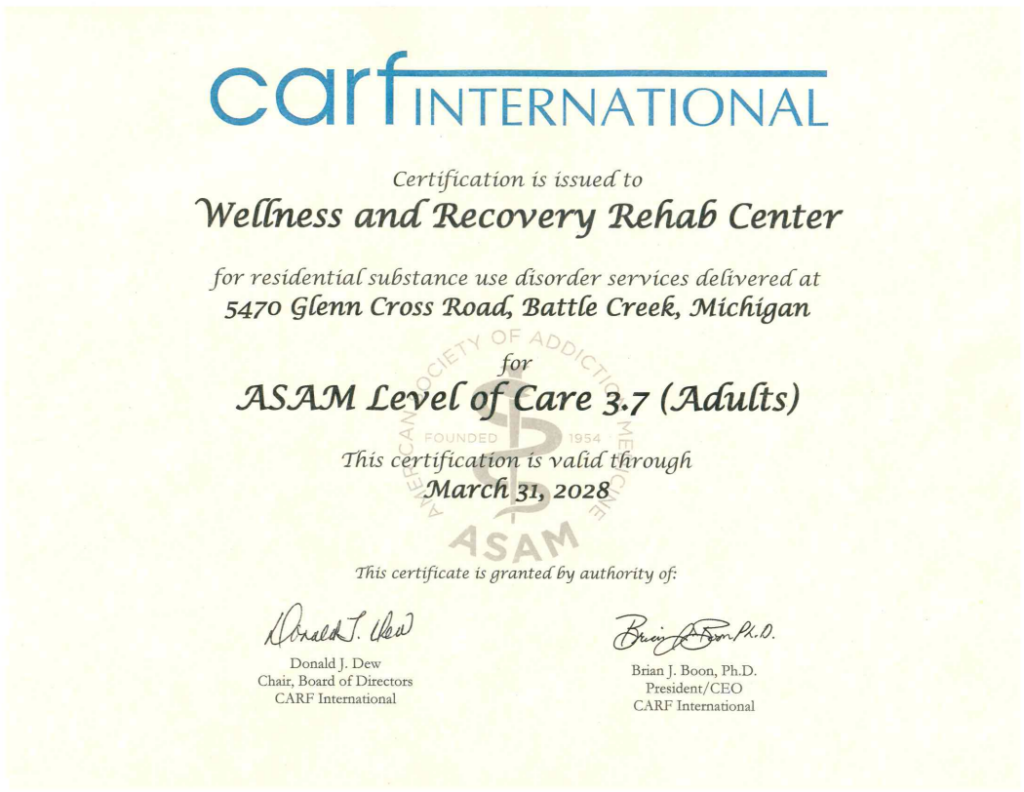As a full-service drug and alcohol addiction treatment center, we are also recognized among the best Michigan mental health centers. We work with most major insurance plans and can get you started on recovery today.
Call us now at (269) 547-2120 or fill out the form today.
We’re here to help you start living a life you love.
